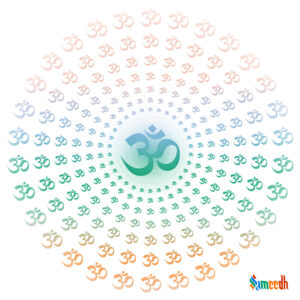Most religions have a founder such as Prophet Muhammad for Islam, Jesus for Christianity, Buddha for Buddhism, Mahavir for Jainism and so on. Hinduism, however, has no single founder and no one knows the exact timeline for when it originated.

Hinduism is one of the world’s oldest religions, and it does not have a single founder or a specific point of origin. Instead, it evolved over thousands of years through a complex process of cultural synthesis and the integration of various religious and philosophical traditions in ancient India.
The roots of Hinduism can be traced back to the ancient Indus Valley Civilization, which existed around 3300–1300 BCE. The religious and cultural practices of this civilization laid some foundational elements for what would later develop into Hinduism.
The major religious texts of Hinduism, known as the Vedas, were composed over a long period, with the earliest ones dating back to around 1500 BCE. These texts, along with later scriptures like the Upanishads, the Bhagavad Gita, and the epics Ramayan and Mahabharat, have played a significant role in shaping Hindu thought.
Hinduism is characterized by a diversity of beliefs, practices, and deities. It incorporates a wide range of traditions, rituals, and philosophical ideas. There isn’t a single founder or a central religious figure in the way that other religions may have, such as Jesus in Christianity or Buddha in Buddhism.
In summary, Hinduism has evolved over thousands of years through the contributions of various cultures, texts, and thinkers in ancient India, and it doesn’t have a single founder.